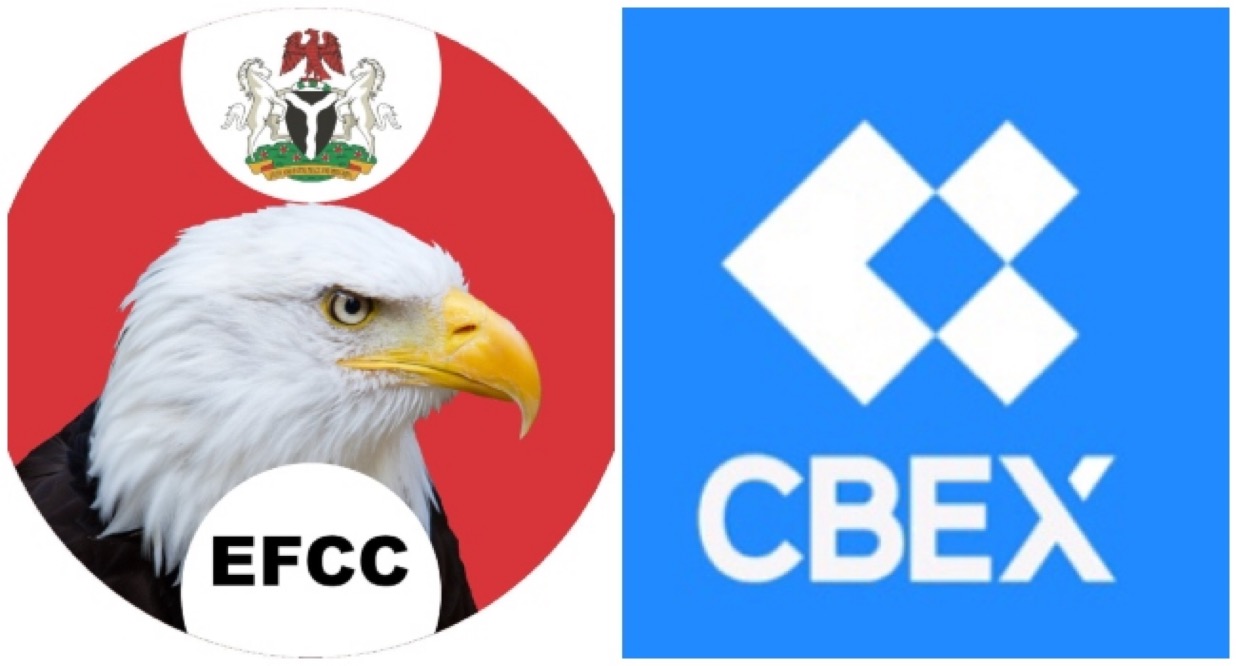The Federal High Court in Abuja has fixed June 30, 2025, as the date to deliver its ruling on the bail application filed by three detained promoters of Crypto Bridge Exchange (CBEX), who are accused of orchestrating a $1 billion cryptocurrency fraud. The defendants, Adefowora Abiodun Olanipekun, Avwerosuo Otorudo, and Chukwuebuka Ehirim, were arraigned by the Economic and Financial Crimes Commission (EFCC) for their alleged roles in a large-scale investment scam operated through ST Technologies International Limited, the parent company promoting CBEX. Justice Emeka Nwite set the ruling date after hearing arguments from both the prosecution and defense counsel during a recent court session.
The EFCC alleges that the trio, alongside other suspects, lured thousands of investors into the CBEX platform with promises of guaranteed 100% returns on investments within 30 days. According to the prosecution, the defendants collected over $1 billion in various cryptocurrencies, including Bitcoin and Ethereum, from unsuspecting victims between 2022 and 2024. The platform, which was heavily marketed as a legitimate cryptocurrency exchange, reportedly became inaccessible in late 2024, leaving investors unable to withdraw their funds and sparking widespread complaints.
Investigations by the EFCC revealed that ST Technologies International Limited was not registered with the Securities and Exchange Commission (SEC) to operate as a financial or investment entity in Nigeria. The agency further claims that the defendants used sophisticated marketing strategies, including social media campaigns and influencer endorsements, to portray CBEX as a credible platform. The EFCC’s lead counsel, Adebayo Osho, argued that the scale of the fraud and the defendants’ access to substantial cryptocurrency assets posed a significant flight risk, urging the court to deny bail.
Defense lawyers, led by Chidi Okonkwo, countered that the defendants were entitled to bail as a constitutional right, asserting that they had cooperated with investigators since their arrest. Okonkwo argued that the EFCC’s allegations were yet to be substantiated with concrete evidence linking the defendants directly to the alleged fraud. He further contended that the defendants, who have been in custody since April 2025, were willing to meet stringent bail conditions to ensure their compliance with court proceedings.
The case traces back to April 24, 2025, when Justice Nwite issued an order authorizing the arrest and detention of six CBEX operators, including the three currently seeking bail, pending the completion of the EFCC’s investigation. The court’s decision followed an ex-parte application by the EFCC, which presented preliminary evidence of the alleged scam’s impact on thousands of victims across Nigeria and beyond. The agency reported receiving over 5,000 petitions from affected investors, many of whom lost life savings and retirement funds to the scheme.
Victims of the CBEX scam have expressed frustration over the prolonged investigation and the slow pace of recovering their funds. Some investors, who spoke to local media outlets, claimed they were initially attracted to CBEX due to its professional website and promises of secure, high-yield investments. The EFCC has since warned the public to exercise caution when engaging with cryptocurrency platforms, emphasizing the need to verify the legitimacy of such entities with regulatory authorities.
The prosecution detailed how the defendants allegedly transferred the collected cryptocurrencies to multiple digital wallets, some of which were traced to offshore accounts. Forensic analysis conducted by the EFCC’s cybercrime unit reportedly uncovered a complex network of transactions designed to obscure the funds’ origins. The agency is collaborating with international partners, including Interpol, to track and recover the assets, though officials noted that the decentralized nature of cryptocurrencies complicates these efforts.
During the bail hearing, Justice Nwite questioned both parties on the feasibility of ensuring the defendants’ availability for trial if released. The defense proposed electronic monitoring and the surrender of the defendants’ passports, while the EFCC maintained that the defendants’ alleged access to hidden cryptocurrency reserves could enable them to abscond. The judge adjourned the matter to June 30, 2025, to carefully consider the arguments and review the evidence presented.
The CBEX case has reignited debates about the regulation of cryptocurrencies in Nigeria, where digital assets have gained popularity amid economic challenges. The Central Bank of Nigeria (CBN) had previously imposed restrictions on cryptocurrency transactions in 2021, citing concerns over fraud and money laundering, though these measures were partially lifted in 2023. The SEC has since called for stricter oversight of crypto exchanges, urging investors to patronize only licensed platforms.
As the bail ruling approaches, legal analysts anticipate that the court’s decision could set a precedent for handling similar cryptocurrency-related fraud cases in Nigeria. The EFCC has indicated that additional charges may be filed against other CBEX operators still at large, with ongoing efforts to apprehend them. Meanwhile, victims continue to await justice, hoping for the recovery of their investments and stricter measures to prevent such scams in the future.
The next court session on June 30, 2025, is expected to draw significant attention, as stakeholders monitor the judiciary’s approach to balancing the rights of the accused with the need to address the severe financial losses suffered by investors. The EFCC has reiterated its commitment to prosecuting financial crimes, particularly those involving emerging technologies like cryptocurrencies. For now, the detained CBEX operators remain in custody, awaiting the court’s decision on their bail application.




